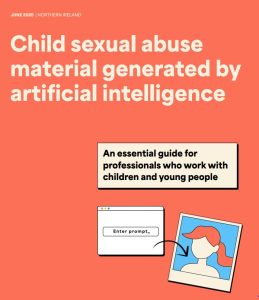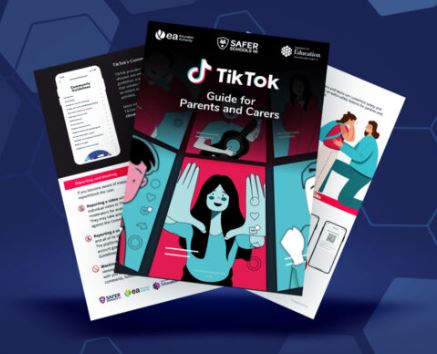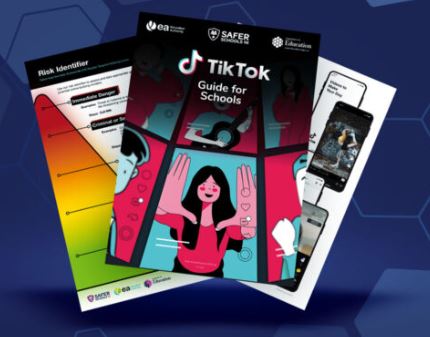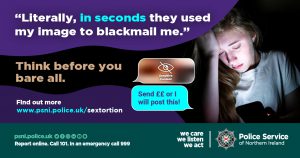Today the Safeguarding Board for Northern Ireland (SBNI) and the Police Service of Northern Ireland (PSNI) have launched the Trust Trap online safety campaign.
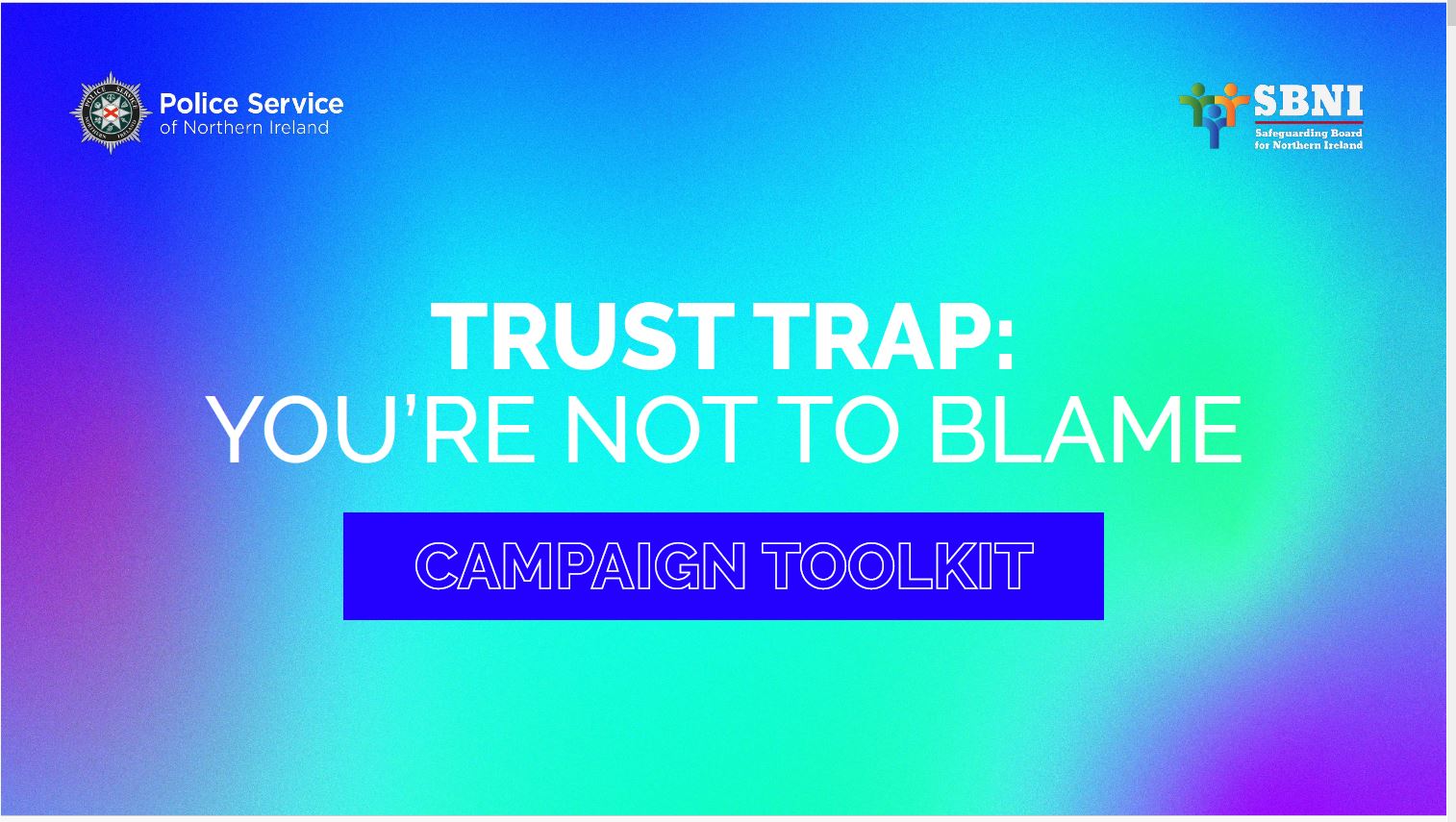
Promotional graphic with a blue-to-purple gradient background. Left side features the Police Service of Northern Ireland logo and name; right side shows the Safeguarding Board for Northern Ireland logo with three human figures. Center text reads ‘TRUST TRAP: YOU’RE NOT TO BLAME’ with a blue box below containing the words ‘CAMPAIGN TOOLKIT’.
Trust Trap, delivered under the Online Safety Strategy, combines paid and organic social media advertising to help educate young people and adults about online abuse prevention and how to report it. The campaign aims to reduce the number of children falling victim to fake profiles, grooming and sextortion, while also reassuring those in crisis that they’re not to blame and that support is available.
To support the launch, SBNI/PSNI have created a Partner Toolkit with key messages and assets to help you share the campaign across your networks and social media channels.
Download the toolkit: https://www.psni.police.uk/safety-and-support/online-safety/trust-trap

